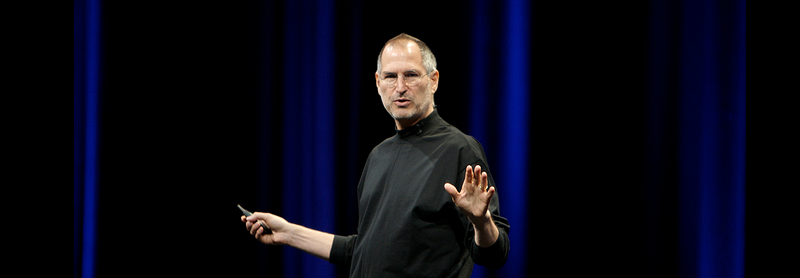
Cognitive budget and maximum human potential.
People have a daily cognitive stamina that represents their ability to do any intellectual work.
Every decision, big or small, every moment of mental focus, and every act of comprehension is part of your day’s cognitive stamina. Let’s call that your cognitive budget.
When your stamina is drained, you revert to your lazy self, choosing actions which are habitual, familiar and routine. Your stamina recharges completely overnight (and gets a partial refill after every meal).
Colloquially, people are most likely to think of this as willpower. Although scientists are most likely to refer to this as decision fatigue (this NY Times article is a great primer on the subject).
The application of this concept is now my default philosophy on behavior design (more important than even BJ Fogg’s BMAT). Many people wish they could improve their cognitive stamina (you can, with training), but there’s a much cheaper and immediate approach: efficient allocation of your cognitive budget.
Below is how this can change your life.
Cognitive Budget
The key to the useful application of cognitive stamina is to think in terms of a cognitive budget.
At the Neuroleadership Conference I answered the question of, “What are habits of effective leaders?” by telling an anecdote about Steve Jobs and his black turtleneck. Every morning, he would pick a black turtleneck from the top of a pile of black turtlenecks. This act has a cognitive load of zero. It’s habitual and requires no decision making.
This morning, I chose my shirt from among fifty different options including t-shirts and dress shirts, taking into account the weather and who I was going to be spending time with. Just by the time I’m dressed, my cognitive budget has been depleted by ten decisions because no part of my dressing routine is habitualized. Steve Jobs would leave for work with ten more decisions in his cognitive budget than I do. [Note: after writing this, I obviously reorganized my morning routine.]
The habits of effective leaders, then, are any habits. Any habit you build reduces your daily cognitive load, giving you more budget to spend elsewhere. (Of course, this is based on the idea that the highest achievers are channeling most of their cognitive budget toward their primary goal. That’s definitely true for me.)
Coaching and Cognitive Budget
Through Coach.me, we get to see a community of people tackling millions of goals. Many of the goals people pursue on our platform come down to building habits.
Each successful habit has the effect of saving cognitive budget for other parts of a person’s life. This is because a habit is something that doesn’t drain your cognitive budget (they are behaviors that originate in a different part of the brain). So any time we convert a habit from goal to routine, we’ve reduced a person’s daily cognitive load.
When you don’t know what to do, you have to spend a lot of your cognitive budget figuring it out. Habit seekers get an immediate benefit from their first few attempts just by answering basic questions of skill.
For example, the new flosser learns where the floss is, how much floss they should pull out, and how to wrap the floss around their fingers. Obviously, these seem like trivial skills, “micro skills” if you will.
But in learning these micro skills, the cognitive drain for the next flossing attempt is much lower.
Coaches have a huge impact on reducing the cognitive load of a goal, either by creating explicit training plans or by asking their clients enough questions that the client creates an implicit plan.
With a training plan, a coach can tell you exactly what to do, i.e. run 3 miles today. A good training plan has the effect of reducing the cognitive load of a new goal because you have to do less thinking.
It’s similar with personal coaching. Good coaches ask a lot of questions (and good clients answer them). The effect of this is that clients plan their behavior ahead of time (a small investment) rather than negotiate their behavior in the moment (often a messy proposition).
The Habits of Superhumans
What the concepts of cognitive load and of cognitive budget tell us is the value of constraint. Not every aspect of your life has to be filled with options.
Thinking this way lets you decide where your mental energy goes. Hopefully not toward your choice of socks.
